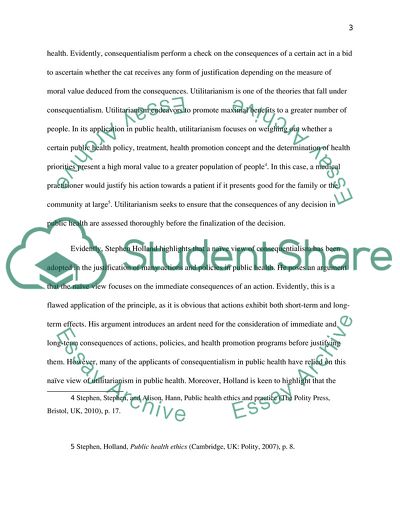Cite this document
(Ethical Theories in Public Health Book Report/Review, n.d.)
Ethical Theories in Public Health Book Report/Review. Retrieved from https://studentshare.org/health-sciences-medicine/1806480-public-health-ethic
Ethical Theories in Public Health Book Report/Review. Retrieved from https://studentshare.org/health-sciences-medicine/1806480-public-health-ethic
(Ethical Theories in Public Health Book Report/Review)
Ethical Theories in Public Health Book Report/Review. https://studentshare.org/health-sciences-medicine/1806480-public-health-ethic.
Ethical Theories in Public Health Book Report/Review. https://studentshare.org/health-sciences-medicine/1806480-public-health-ethic.
“Ethical Theories in Public Health Book Report/Review”, n.d. https://studentshare.org/health-sciences-medicine/1806480-public-health-ethic.


